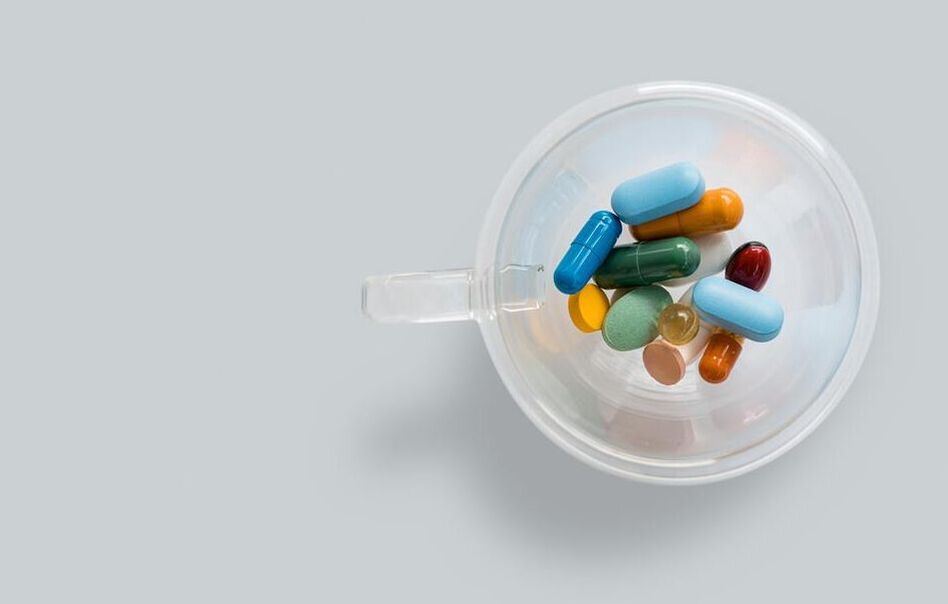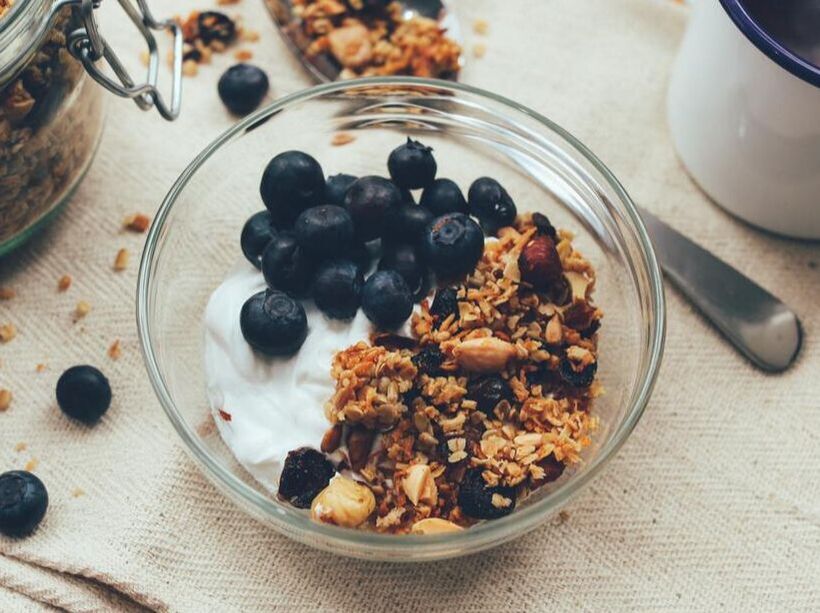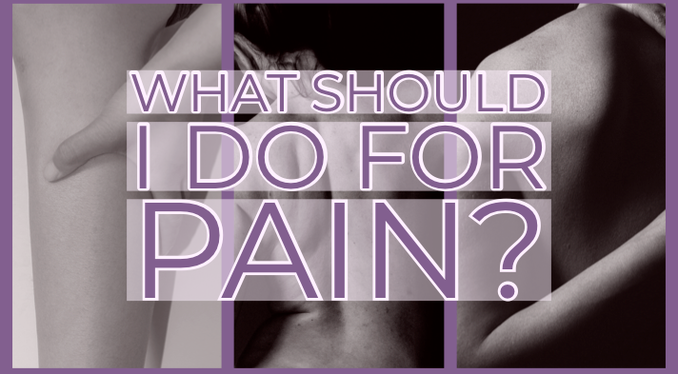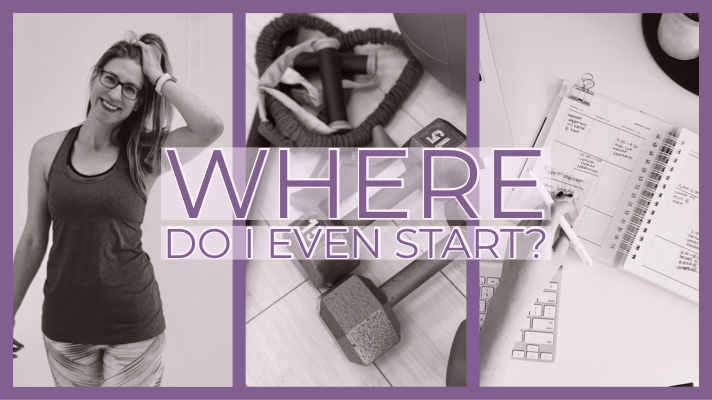Give Yourself the Gift of Good Health" Good health from a bottle sounds really nice, doesn't it? Might be why the supplement industry in the U.S. is worth billions! As a personal trainer/coach, I am occasionally asked about supplementation. It’s my job to provide information, not prescribe or sell you supplements. It’s not surprising that one response to the COVID-19 Pandemic is a further increase in the use of supplements, including those viewed as immune support such as vitamins C and D and Zinc. Despite their popularity, current research results are mixed. Both Vitamin C and Zinc supplementation have been shown to potentially shorten the duration of a common cold. Vitamin D deficiency may be linked to developing more severe illness. However, as of now, research doesn’t suggest that these supplements will make you cold, flu, or COVID-proof. Of course, you need sufficient vitamin C and D and zinc in your body but does that warrant supplementation? That depends on your diet and habits.
Supplements are considered any product intended to add one or more ingredients to your diet including vitamins, minerals, herbs/botanicals, amino acids, or other substances. Many of us have been taking supplements since childhood. Growing up in the 1980s, I gladly took my chewable Flintstones multivitamin daily. Interestingly, despite their common usage over so many years, the jury is out on how much multivitamins actually help us to stay healthy. Studies published in 2013 in the journal Annals of Internal Medicine, found that “multivitamin and mineral supplements didn’t work any better than placebo” in relation to health improvements related to certain health conditions such as cardiovascular disease. In 2019, results of a CRN (Council for Responsible Nutrition) Consumer Survey on Dietary Supplements found the highest overall dietary supplement usage to date, with 77 percent of Americans reporting they use dietary supplements. The most common supplements being used included multivitamins, individual vitamins such as C, D and E, minerals like calcium, magnesium, and iron, protein supplements, omega-3 fatty acids, probiotics, and turmeric. With so many people using them, they have to be safe and effective, right?
0 Comments
Let’s talk about breakfast! I’ve always been a big fan. Although in my youth, I didn’t care too much about WHAT I ate, just that I ate SOMETHING. In my teens and early 20s, my first meal of the day was often soda and a pastry or sugary cereal. At the time, I never understood why I would get so incredibly hungry hours before lunchtime. Now I know better! I eat a balanced breakfast most days (a meal or super shake that includes protein, fats, carbs, and fiber). I purposefully skip breakfast a couple of days per week and occasionally I eat a not-so-balanced breakfast and enjoy the heck out of it! While my days of pop tarts and soda are LONG gone, a cupcake and coffee are definitely not out the question every once in a while.
We’ve all grown up hearing that breakfast is the most important meal of the day. Lately, we are hearing that maybe it’s not. Currently, research studies offer conflicting information. I’m not gonna hash out the pros and cons according to the scientific literature here because, as is so often the case, “it depends.” So, do you need to eat it? What should you eat? If you don’t feel like it, can you skip it? Should everyone skip it (or do intermittent fasting)? The International Association for the Study of Pain (IASP) defines pain as an “unpleasant sensory and emotional experience associated with actual or potential tissue damage.” It is more than data received from the body. The reason we perceive physical pain is not always simply due to tissue damage. Pain is complex. One thing is for sure, everybody hurts…sometimes. And it seems more of us are in pain more frequently.
When we are in pain, we don’t want to move. The more it hurts, the less you move. The less you move, the more things hurt. It's a vicious loop. Maintaining regular movement is absolutely critical to a healthy, functional body and a fulfilling life. Not only that but studies suggest that exercise can provide pain relief equal to medication in some cases. Your body was meant to move but how do you do that when you are experiencing musculoskeletal pain? Of course, it's imperative to be checked out by a medical professional; pain can be a sign of underlying pathology. Second opinions are also a great idea. You want to be cleared for exercise so that you do not exacerbate any injuries or medical conditions. If your doctor or physical therapist tells you that you can proceed, you should! I am asked about pain in some form every few weeks. A certified personal trainer (CPT) cannot diagnose or treat medical conditions. But a CPT can help you get moving if you are ready, able, willing (and cleared!) Here are a few important things to keep in mind. Information on eating well and exercise has never been more complicated, convoluted, and overwhelming. But I have some great news! If you are asking, “where do I start?”, you have decided that what you are currently doing isn’t working for you anymore. Technically, one could argue that you have already started.
|
Archives
June 2023
Categories
All
|




 RSS Feed
RSS Feed